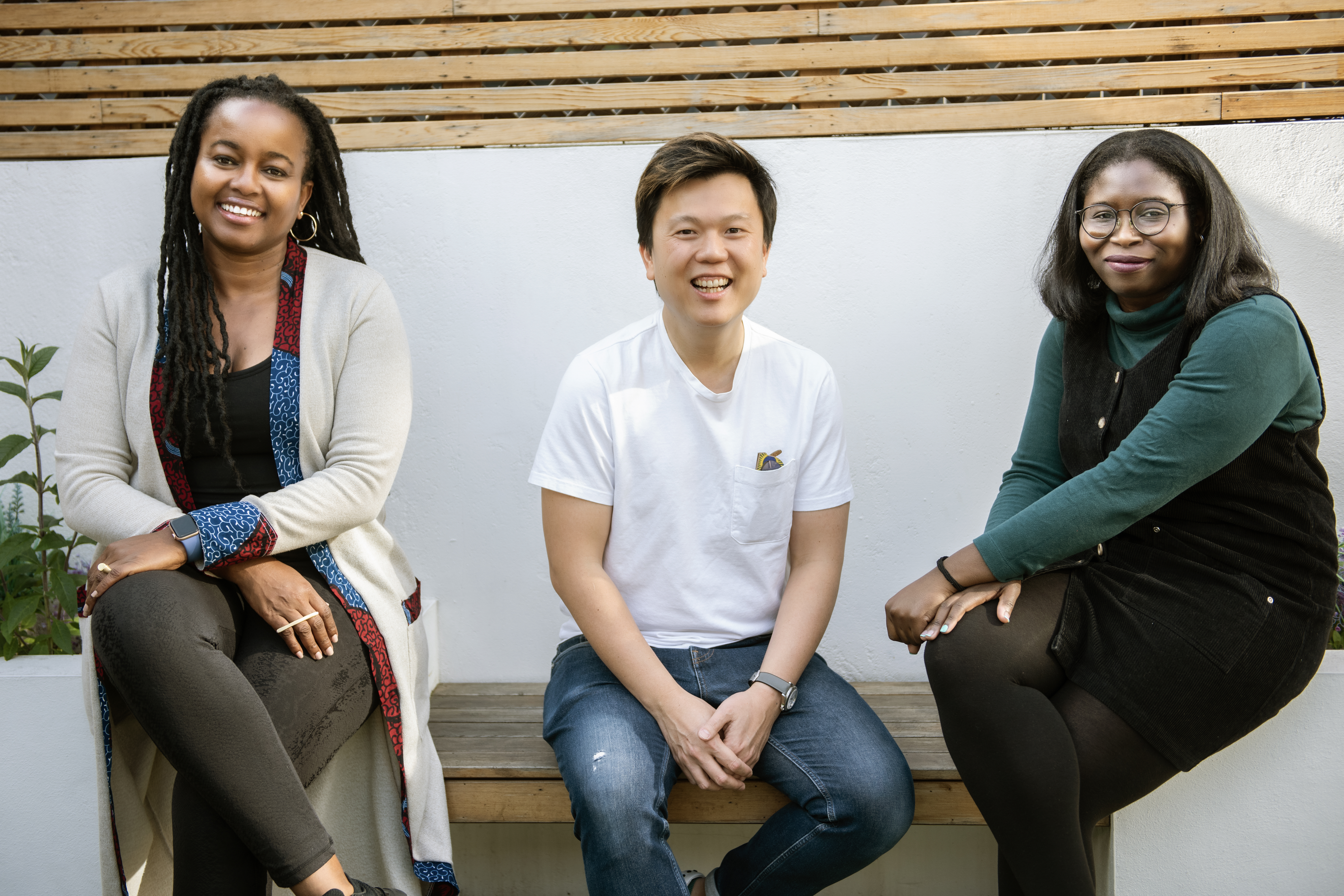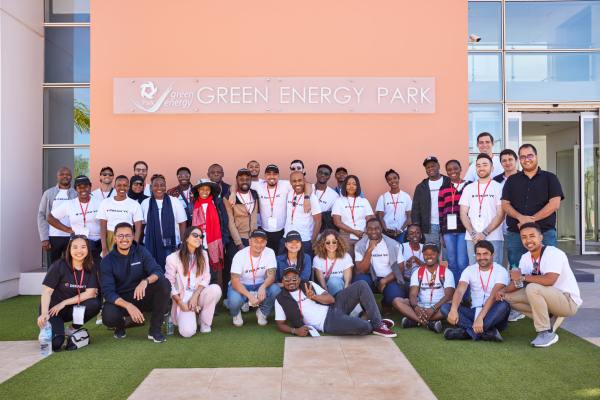The African startup scene is expanding beyond the traditional markets of Egypt, Kenya, Nigeria and South Africa, with accelerated activity now reported in other regions across the continent. As the market grows, there are calls for more local fund managers to unlock additional capital and support founders.
This push arises from the fact that most deals in the continent have in recent years been taken up by foreign VC firms, which accounted for 77% of the total funding in 2022. Without a doubt, the presence of influential, global VC heavyweights like SoftBank, Khosla Ventures and a16z has had a major impact on the overall ecosystem. It has brought international attention to the region, and it’s a signal of value that others have moved to follow.
However, foreign investment has been a double-edged sword for tech in Africa. One of the main drawbacks is, when the market is tighter, as is currently, foreign interest evaporates, leaving startups that rely on them exposed, demanding of the industry to build its own pool of fund managers for sustainability.
Early reports indicate that, in terms of the most active investors in Africa, there were only seven, most of them Africa-focused firms, involved in $100,000+ deals every month last year, a drop from 20 (mainly foreign VCs) in 2022 and 17 in 2021, as funding dipped dramatically.
Slowly, that vacuum is now being filled by more local fund managers.
Entities such as Dream VC, the Obuntu Foundation, French Development Finance Institution (DFI) Proparco and the Africa Venture Philanthropy Alliance are bridging the local VC gap through tailored programs that are looking to cultivate the next generation of fund managers in Africa.
Dream VC’s flagship investor accelerator program targets seasoned professionals aspiring to start funds, become angel investors or play a role in the African startup ecosystem. The program’s mission is similar to Obuntu’s three-month long Launchpad program, which aims to produce homegrown first-time fund managers and equip them with the “resources, tools and community” needed to launch funds.
The programs are timely
Dream VC co-founder Cindy Ai told TechCrunch that together with Mark Kleyner, they launched the program in 2021 to plug the knowledge and network access gaps across the innovation value chain because of the limited resources covering the nuances of investing, building and scaling startups in Africa.
“Dream VC was truly a serendipitous opportunity that was born out of demand — as the African ecosystem matured, individuals across the continent and beyond were looking for ways to learn more about the space and contribute to it, especially on the capital allocation front,” she said of the organization, which also runs the Launch into VC crash-course that prepares young professionals to launch careers in venture capital.

The Obuntu Foundation co-founders Wambui Kinya, Aaron Fu and Asta Diabaté. Image Credits: Obuntu Foundation
Aaron Fu, co-founder of the Obuntu Foundation, said their platform and others like it in the continent play a defining role in democratizing venture capital to enable locals, who come with wealth of experience and play a pivotal role in dealmaking. The Obuntu program provides lessons on developing a fund’s thesis, structure, fund flow and dealing with limited partners.
“I don’t think we want to have everyone going through eight years (he took) to learn the same. That is why we are short-circuiting the process by condensing all the learning into a three-month period,” he said.
Fu said their fellows explore various opportunities, including building their own funds, joining existing platforms or working with special purpose vehicles (SPVs) that align realistically with their purpose or needs of the African market.
“We want to really be sure that at the end of it, they know what they’re getting themselves into, because it’s like a 10-year or 20-year commitment,” said Fu, who co-founded the Obuntu Foundation with Wambui Kinya (also general manager at Google Search Africa) and Asta Diabaté, open innovation analyst at Novo Nordisk.
Dream VC’s five-month investor accelerator program goes beyond the fundamental venture capital skills, to include skills such as portfolio management, deal structuring and VC fund launch considerations. Ai said the paid program also includes “mock investment committees where fellows simulate the end-to-end process, from finding startup opportunities to bringing them forward for investment consideration.”
These programs also include sessions with potential limited partners including DFIs.
Driving huge impact
In the short period that these programs have been active, their efforts are beginning to show signs of success. Ai said that Dream VC’s alumni base of more than 170 African-focused investors — mostly Africans, including some from Somaliland and Algeria, and the African diaspora — are now in a position to drive a huge impact as they launch funds or are involved in investment firms that are making huge waves across the continent.
She said Dream VC’s fellows are directly plugged into the management of Africa-focused investment firms with over $6.6 billion in assets under management. The fellows include Christine Namara, who recently joined MENA’s Flat6Labs as partner for its $95 million Africa Seed Fund to help it expand investment efforts to the Eastern and Western regions of Africa.
Obuntu’s fellows are also on a fundraising run, with Fu saying those from the first two cohorts are in line to raise more than $500 million to back startups in Africa. Its 24 fellows include Emmanuel Adegboye of Madica, a pan-African investment program by Flourish Ventures.
The hope is that these new fund managers can attract fresh funding from local and foreign backers into a continent whose startups continue to receive the least amount of VC dollars. Briter Bridges 2023 data shows African startups attracted $4 billion last year while The Big Deal puts the figure at $2.9 billion, representing a significant dip after the record funding the previous two years.
Egypt, Kenya, Nigeria and South Africa have been the main VC markets in Africa, but, recently, new markets, including several in the continent’s Francophone nexus, are becoming VC magnets too. This presents the need for increased resource allocation by local sources, including existing Africa-focused firms like Novastar Ventures, Founders Factory Africa, Saviu Ventures, Seedstars Africa Ventures, Norrsken22 and Launch Africa, to complement that emanating foreign firms.
“I feel that the current VC landscape is pretty fragmented and there’s less collaboration. We’re trying to get people to build relationships and trust with each other, when they’re all just starting out,” said Fu. “We’ve all got to come together to build together.”
Meanwhile, as the fellows work to unlock domestic capital for the African market, there is general consensus that they can be tapped by international VCs looking to establish or scale operations in the continent. They also have great opportunities in policy and venture building.
“Even with the continuous intervention of foreign VCs, many such funds are increasingly cognizant of the limitations of working within Africa without local partnerships and local talent, or at the very least talent that is intimately familiar with the local business and cultural nuances,” said Ai. “So, the demand for smart, passionate and connected individuals remains.”
